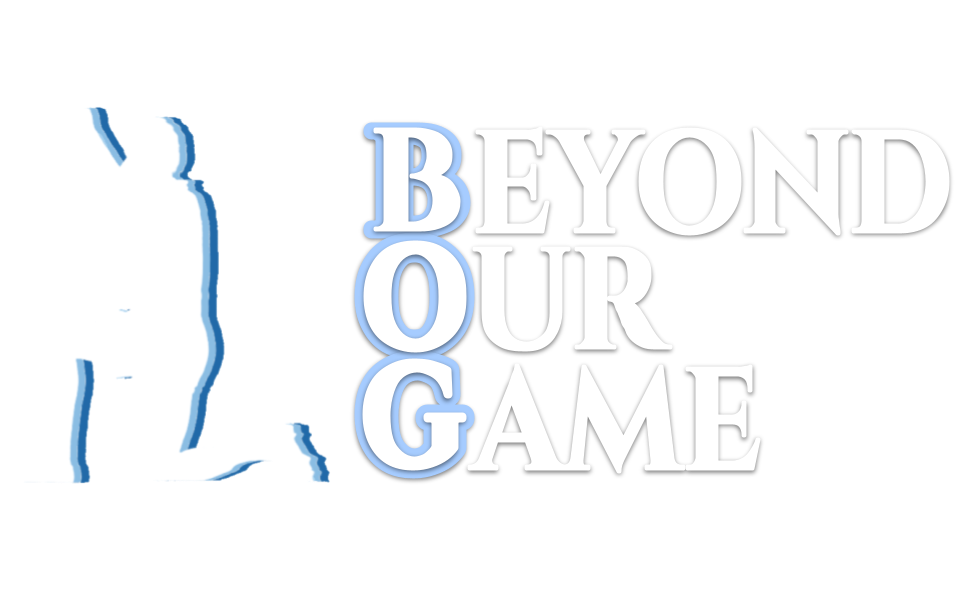Lexi's Story
Lexi Joseph
My name is Alexis Joseph, I am a junior on the Duke Women's Lacrosse team. I grew up in Philadelphia and attended the William Penn Charter School from kindergarten until 12th grade. Although I went to a predominantly white school my whole life, outside of that institution, my friends and surroundings did not reflect that. My parents made a conscious effort to move into a considerably diverse neighborhood when I was 5. Furthermore, my family was mostly Black, but was also very diverse. The transition from school to my home life with my family was very difficult sometimes. Going from being the only Black person in class, to being in an environment that looked just like me and celebrated our culture at home. I eventually found a group of Black and Brown friends at school, however, on the lacrosse field, I was by myself.
In 6th grade, a classmate convinced me to join the lacrosse team with them. My first season I did not play very much, and I struggled with understanding the sport. However, my 8th grade year I began to get the hang of it. My 8th grade summer, I was invited to play for a travel lacrosse team and that is where my love for lacrosse began, and that is where I also learned that being Black and playing lacrosse is not normal.
Once I joined my travel team, I quickly recognized that I needed to work on my skills if I truly wanted to compete. I told my dad I wanted to be better, so every Sunday he took me to a field, and we ran football routes to practice catching and basketball drills to practice my defense. Once I began to excel in skill there was another obstacle to tackle, racism.
My first summer of major lacrosse tournaments was one of the most challenging experiences of my life. I was met with racism, microaggressions and hateful words by parents, coaches, referees, and players. Growing up in Philadelphia with a large Black and mixed family, I had never experienced such blatant racism before. One game, the opposing team’s coach yelled out to his players “get the Black girl” and as I ran down the field with the ball, his player pushed me to the ground. After the game I was so upset and hurt, I decided not to shake the coach’s hand. He told my coach that I was not being a good “sport” and the director of my team preceded to yell at me and tell me that I would not play lacrosse if I ever did that again. From that point on, I knew that only my mom and dad understood and are here to protect me from those experiences. Over and over again I experienced refs yelling in my face telling me “you aren't good, stop smiling”, coaches telling the refs “she is a danger to this sport”, players parents calling me a “thug”, players hitting me with their stick when I don’t have the ball, and each time I looked to my mom with tears in my eyes wanting to quit lacrosse, she reminded me that I love this sport and to keep going.
Finally, I made it, my sophomore year in high school after attending a Duke Women's lacrosse summer camp, Coach Kimel asked my mother and I to join her in her office. I committed to Duke and received an overwhelming amount of love and support from the Black community. I knew that I needed to play in college to show Black and Brown girls and myself that no matter what anyone says, we are more than enough.
I believe it is important for girls like me to speak up about my experience. Growing up playing lacrosse, I rarely saw Black women in this community, and I had no one to look up to that looked like me in lacrosse. While sports may seem trivial or insignificant to some people, I believe it can have a very important impact on society and peoples lives. I have been given this platform to speak up and like many other great Black athletes that have come before me, I plan to change the narrative and create change for those after me.

